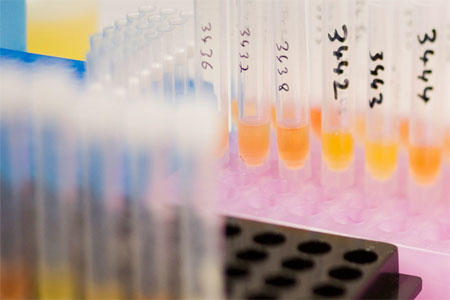
Afrasianet - Russian Deputy PM Mutko slammed a joint statement by 19 national anti-doping agencies (NADOs) on Tuesday, in which they called for Russia to be stripped of all international competitions, and its athletes banned from competing under the Russian flag.
“Anti-doping organizations are anti-doping organizations, they should control the situation in their country, collect urine, but not interfere with politics,” Russian Deputy Prime Minister Vitaly Mutko told R-Sport news agency.
Mutko, who stepped down from the post of Russian sports minister in October, also said that that the new proposal is “absolutely political.”
Upon reviewing the second part of the report drawn up by Canadian lawyer Richard McLaren on Russia’s alleged state-sponsored doping system at a meeting on Tuesday, the National Anti-Doping Organizations released a statement on Tuesday calling the “evidence of Russia’s institutionalized doping system” presented in the report “irrefutable” and “devastating.”
In light of the report, the doping agencies of the 19 countries, including that of the US, Germany, and France, urged international sports federations and all those in charge of organizing sporting events “to remove all international competitions currently set to take place in Russia, as well as [imposing] a moratorium on awarding any new competitions to the country.”
Under NADO’s proposal, the Russian sports organizations should also be barred from participating in any international competitions, which effectively means a blanket ban on all Russian athletes from competing internationally if they want to represent their home country. The only chance for clean Russian athletes to compete in international competitions would be to establish themselves as “neutrals” subject to previous assessment, along with some “standardized criteria.”
Mutko argued that the information contained in the second part of the McLaren report cannot justify a new set of punitive measures, as it has not produced previously unknown evidence.
“Today, people whose task is to test urine start pressing on people who make political decisions… The McLaren report does not give any grounds to make such statements… There’s nothing new in it. There is a ‘golden’ line about some sort of a state program, but there are no facts to back [these claims.] There was not a single fact, there is not and never will be,” the deputy prime minister, who oversees issues related to sports in the Russian government, said, calling NADO’s proposal a “deliberate attack on Russian sport aimed at its defamation.”
“This is a common trend, that the Russians are to blame. Everybody needs us to be uncompetitive,” Mutko stated, promising that Russia will do its best to protect its athletes, including taking legal action.
“Perhaps we are too gentle. It’s time to take this to the legal field, to go to courts. Exactly to courts, because it is of no use to do this within sports arbitration,” Mutko said. He added that he is “absolutely sure” that the majority of international sports organizations will not mix politics and sport.
“Nobody needs these double standards,” he said, adding that more and more athletes side with Russia in opposing them.
‘Completely wrong approach to problem’
David Larkin, a member of the Sports’ Lawyers Association, told RT that although the concerns raised about Russian sports are “founded,” banning an entire nation from international sports events “is a completely wrong approach.”
“The idea that you ban an entire nation is philosophically completely wrong. We need a doping system that deals with people individually. We should remove the ‘competing nation theory’ here,” Larkin said, saying that the anti-doping system should change its philosophy in a way that it is designed to protect athletes, including Russian athletes not tainted with doping allegations.
However, the current system is “completely unequipped to handle these kinds of problems,” and can be described as a “very broken system of regulation.”
“And it’s really the problem here as we have allegations that have really not been allowed to be met by facts on the other side,” Larkin said, pointing to the lack of opportunities for Russian sports bodies and athletes to defend themselves within the existing system.

